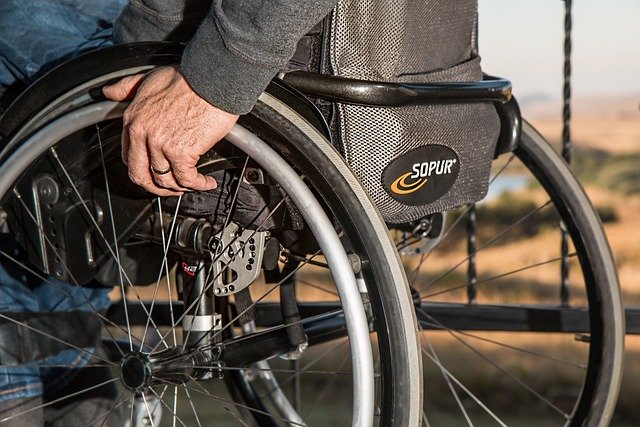Medicare and Mobility Scooters: What You Need to Know to Get Covered
For many seniors and individuals with disabilities, mobility scooters can be life-changing tools that restore independence and improve daily quality of life. However, these devices can be costly, with prices ranging from several hundred to several thousand dollars. Fortunately, Medicare may help cover the cost of a mobility scooter, but the process is not automatic, and there are important rules and steps to follow.

Medicare and Mobility Scooters: What You Need to Know to Get Covered
Navigating Medicare coverage for mobility equipment requires understanding specific regulations and medical requirements. Medicare considers mobility scooters as durable medical equipment (DME) under Part B coverage, but approval depends on meeting strict medical necessity criteria established by the Centers for Medicare & Medicaid Services.
What Is a Medicare Mobility Scooter?
A Medicare mobility scooter, officially classified as a Power Operated Vehicle (POV), is a battery-powered device designed to assist individuals with mobility limitations. These devices differ from power wheelchairs in their steering mechanism and are intended for people who can walk short distances but need assistance for longer travels. Medicare recognizes these scooters as durable medical equipment when prescribed by a physician for medically necessary mobility assistance within the home environment.
Does Medicare Cover Mobility Scooters?
Medicare Part B covers mobility scooters when specific conditions are met. Coverage applies only when the scooter is deemed medically necessary for use primarily within the beneficiary’s home. Medicare typically covers 80% of the approved amount after the Part B deductible is met, leaving the beneficiary responsible for the remaining 20% coinsurance. The scooter must be prescribed by a Medicare-enrolled physician and obtained from a Medicare-approved supplier to qualify for coverage.
Who Qualifies for a Medicare-Covered Mobility Scooter?
Qualification requires meeting several medical and functional criteria. Beneficiaries must have a mobility limitation that significantly impairs their ability to participate in activities of daily living within their home. The individual must be able to safely operate the scooter and demonstrate the physical and mental capacity to use it effectively. Additionally, the person’s home environment must accommodate scooter use, and they must be unable to perform mobility-related activities of daily living using a cane, walker, or manual wheelchair.
Steps to Get a Mobility Scooter Through Medicare
The process begins with a comprehensive evaluation by your physician, who must document your mobility limitations and medical necessity. Your doctor will complete a Certificate of Medical Necessity and provide supporting documentation. Next, you’ll need a face-to-face examination specifically related to your mobility needs. After medical approval, you’ll work with a Medicare-approved DME supplier who will handle the prior authorization process and coordinate with Medicare for coverage approval.
What Kind of Mobility Scooter Can You Get?
Medicare typically covers standard mobility scooters that meet basic transportation needs within the home environment. Group 1 scooters, which are the most basic models, are usually covered when medical necessity is established. These include three-wheel and four-wheel models with standard features for indoor and limited outdoor use. Medicare generally does not cover heavy-duty or specialized scooters unless exceptional circumstances warrant their medical necessity.
| Scooter Type | Provider | Cost Estimation |
|---|---|---|
| Basic 3-Wheel Scooter | Pride Mobility | $800 - $1,500 |
| Standard 4-Wheel Scooter | Golden Technologies | $1,200 - $2,000 |
| Compact Travel Scooter | Drive Medical | $700 - $1,300 |
| Mid-Size Scooter | Invacare | $1,000 - $1,800 |
Prices, rates, or cost estimates mentioned in this article are based on the latest available information but may change over time. Independent research is advised before making financial decisions.
Successfully obtaining Medicare coverage for a mobility scooter requires careful attention to documentation, medical necessity requirements, and working with approved providers. Understanding these requirements and following the proper procedures increases your chances of approval and ensures you receive the mobility assistance you need while maximizing your Medicare benefits.
This article is for informational purposes only and should not be considered medical advice. Please consult a qualified healthcare professional for personalized guidance and treatment.




